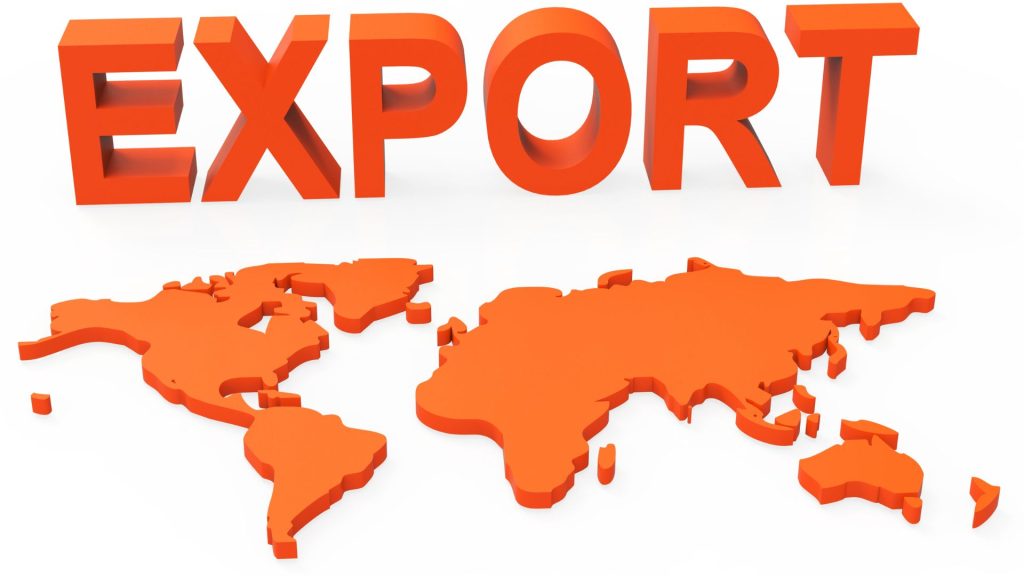The trade process and export transaction involve a series of steps and procedures that enable goods and services to move from one country to another.
Here are the main steps involved:
Market Research: The first step in the export process is to conduct market research to identify potential markets and customers for your products or services. This includes researching the target country’s culture, language, regulations, and business practices.
Sales Contract: Once you have identified potential customers, the next step is to negotiate and finalize a sales contract that outlines the terms and conditions of the sale, including the price, payment terms, and delivery date.
Export Licenses: Depending on the nature of the product, you may need to obtain an export license from the relevant government agency before you can ship your product overseas.
Shipping: After obtaining the necessary licenses and permits, the next step is to arrange for shipping and transportation of your product to the destination country. This includes obtaining insurance, completing customs documentation, and complying with import regulations.
Payment: You will need to ensure that you receive payment for your goods or services before or upon delivery. This may involve using a third-party payment service, such as a bank or international payment provider.
Documentation: You will need to provide various documentation, including a bill of lading, commercial invoice, and packing list, to comply with customs and shipping regulations.
Delivery: Once your product has been shipped and arrives at its destination, you will need to ensure that it is delivered to your customer in a timely and efficient manner. This includes coordinating with local logistics providers, clearing customs, and arranging for final delivery.
Trade Process and Export Transaction
Banks facilitate trade customers and transactions and offer trade finance services to customers who export or import goods and services. Banks must perform the due diligence of the trade customers before onboarding them and providing any trade-related services. Due diligence is also required after onboarding and providing trade-related services to the importers or exporters.
Banks establish a separate and dedicated department, including imports and exports sections, responsible for dealing with the traders, or importers and exporters.
Banks Screening procedure of customers for trade transactions.
Procedure for identifying and monitoring trade transactions with a related party.
Procedure for complete risk profiling of customers in or intending to deal in trade.
Procedure for developing the bank’s or authorized dealer’s risk profile.
Procedure for verifying underlying contracts’ prices related to importing and exporting goods and services.
Procedure for handling unclear, coded, or worded descriptions in a language other than English.
Screening procedure of goods being traded as per relevant trade policy
Procedure for identification of dual use of goods such as:
Import or export licensing requirement
Identification of end usage and end user.
Focus on counterparties.
Goods screening from UNSC Resolutions management
In the case of exports, some of the broader requirements other than identification and verification of exporters, importers, and other regulatory requirements, which banks or authorized dealers are required to ensure before processing export transactions, including that:
Arrangements are made to realize the export proceeds of the goods covered by the relevant export transaction.
Arrangements are made for the receipt of documents of title to goods or other title documents of cargo like Bill of Lading, Airway Bill, etc.
Genuineness and verification of the charter party where the shipment is to be made against a charter party Bill of Lading.
Final Thoughts
Overall, the trade process and export transaction require careful planning and attention to detail to ensure that all legal, logistical, and financial requirements are met. Working with experienced trade professionals and advisors can help streamline the process and increase the chances of a successful export transaction.




